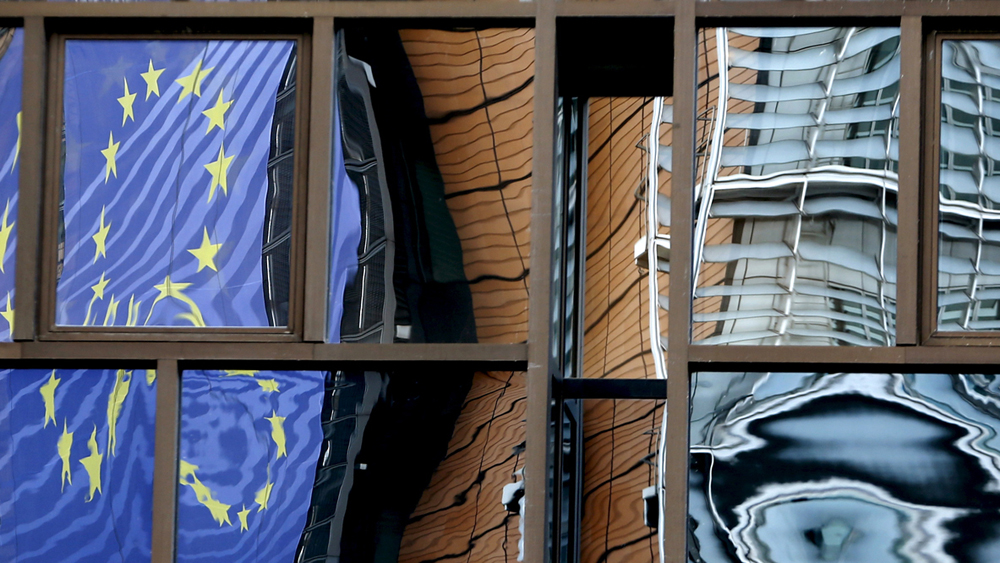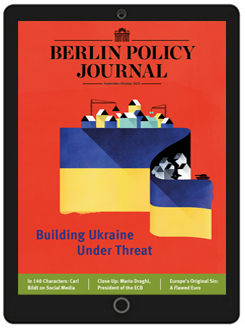The Greek rescue package has postponed Europe’s reckoning, but one thing is clear: the euro lacks a supporting foundation. This weakness will not be resolved until fiscal and political union complete the monetary union.

© REUTERS/Francois Lenoir
Indeed, there is a connection between the crisis in the eurozone today and the events of 1989-90. Immediately after the fall of the Berlin Wall, François Mitterrand, then president of France, began to consider how to prevent his nightmare scenario – that the already economically overpowering Federal Republic of Germany would achieve hegemony over Europe after its final reunification. By 1989 he was already urging Helmut Kohl and the Bonn government to accept a package deal that would both implement the European Monetary Union (which had already been largely negotiated) and transform the European community into a political union.2 The Monetary Union was meant to defuse the Deutschmark, which Mitterrand described in 1988 as “Germany’s Atom Bomb”(3).
Since Chancellor Kohl did not want to hinder the prospect of German unity with a Franco-German quarrel, he brought up the matters of economic and monetary union and political union in separate intergovernmental conferences. He thus created the crux of the Maastricht Treaty, which established the single currency along a clear German outline, yet fell short of Bonn’s vision in terms of political union.
A Founding Error and an Illusion
The chancellor scarcely knew what the consequences of his concession would be – in a speech before the German Bundestag about a month before the December 1991 Maastricht summit, he called the notion that a long-term economic and monetary union could be preserved without a political union “absurd”. Nevertheless, in 1998 he pushed for taking the third and last significant step towards monetary union, despite widely shared concerns regarding the “maturity” of some countries, including Italy and Belgium. When in 2005, seven years after his retirement from the chancellorship, Kohl celebrated his 75th birthday, Jean-Claude Juncker, then Prime Minister of Luxembourg, said that there would be no euro “if Kohl had not been around at that moment in time.”(4)
…
Read the complete article in the Berlin Policy Journal App – September/October 2015 issue.







